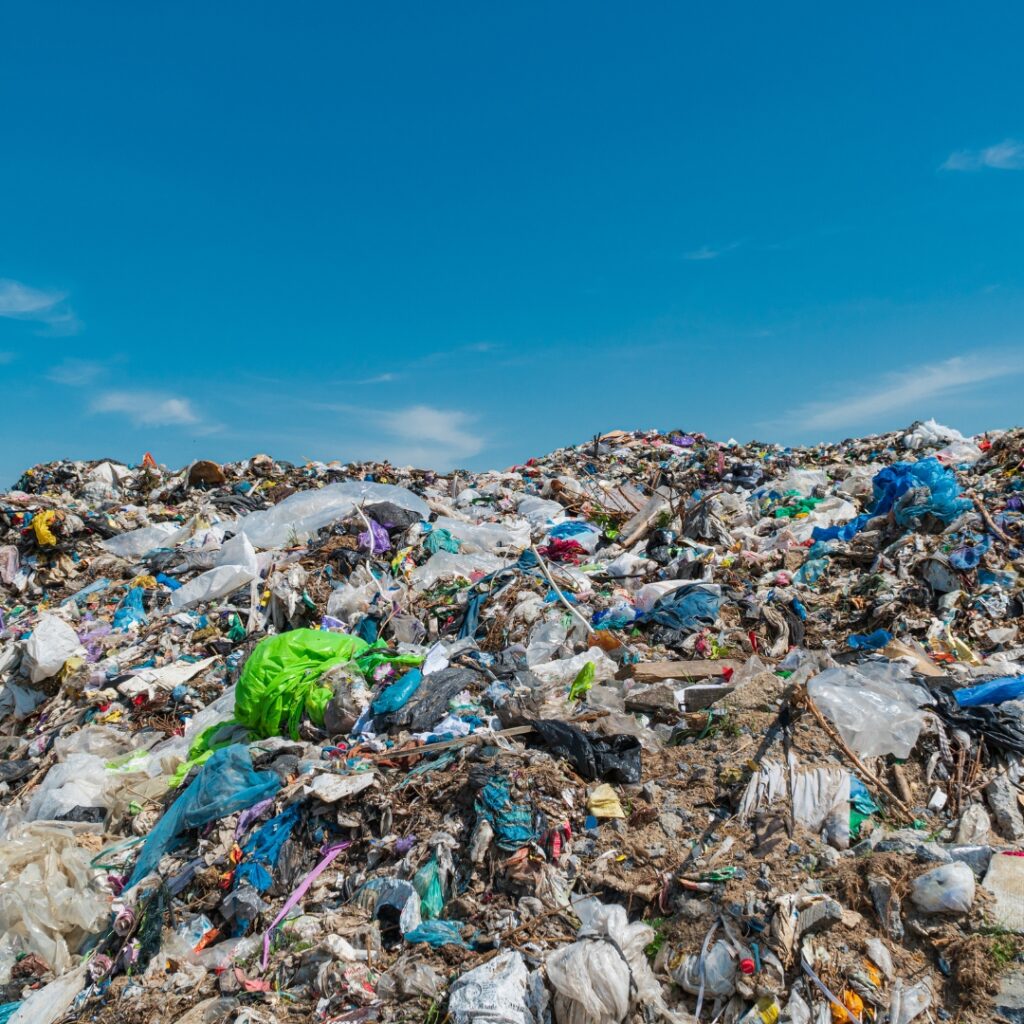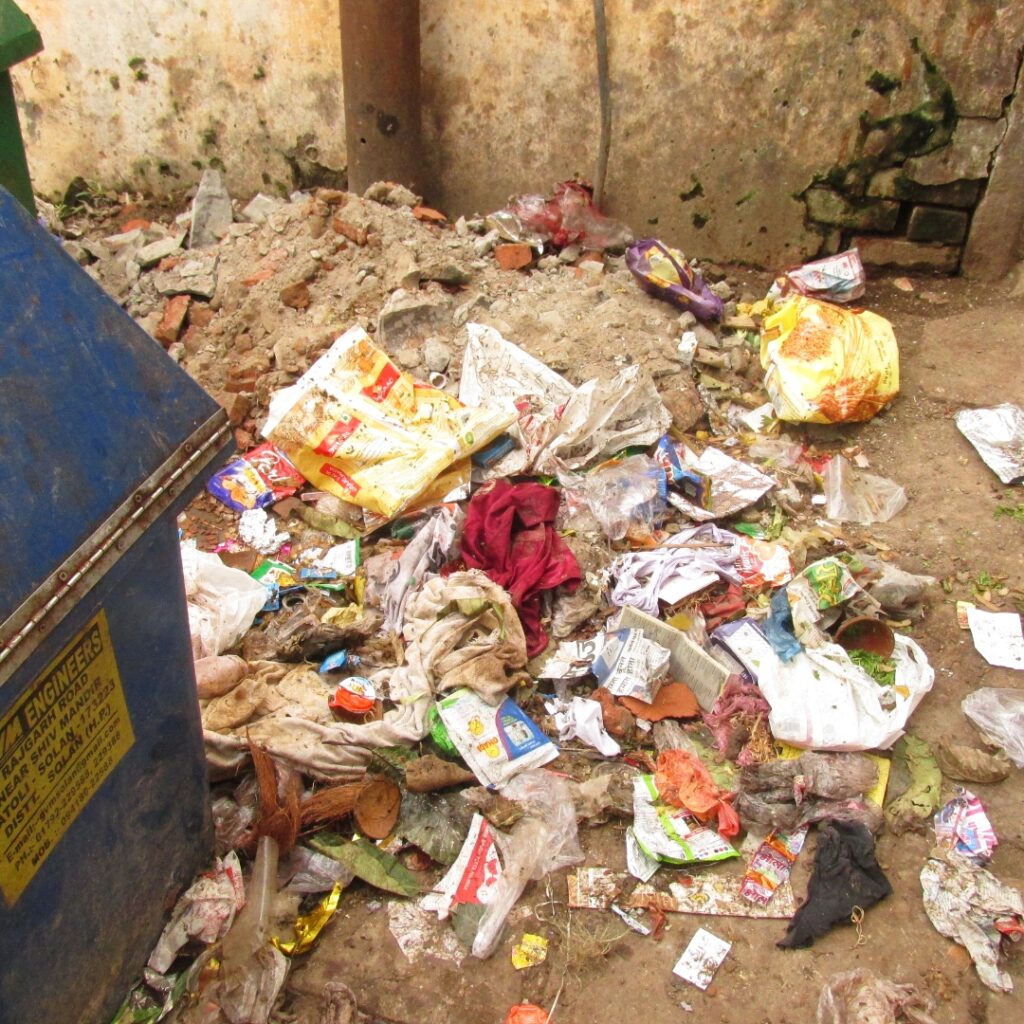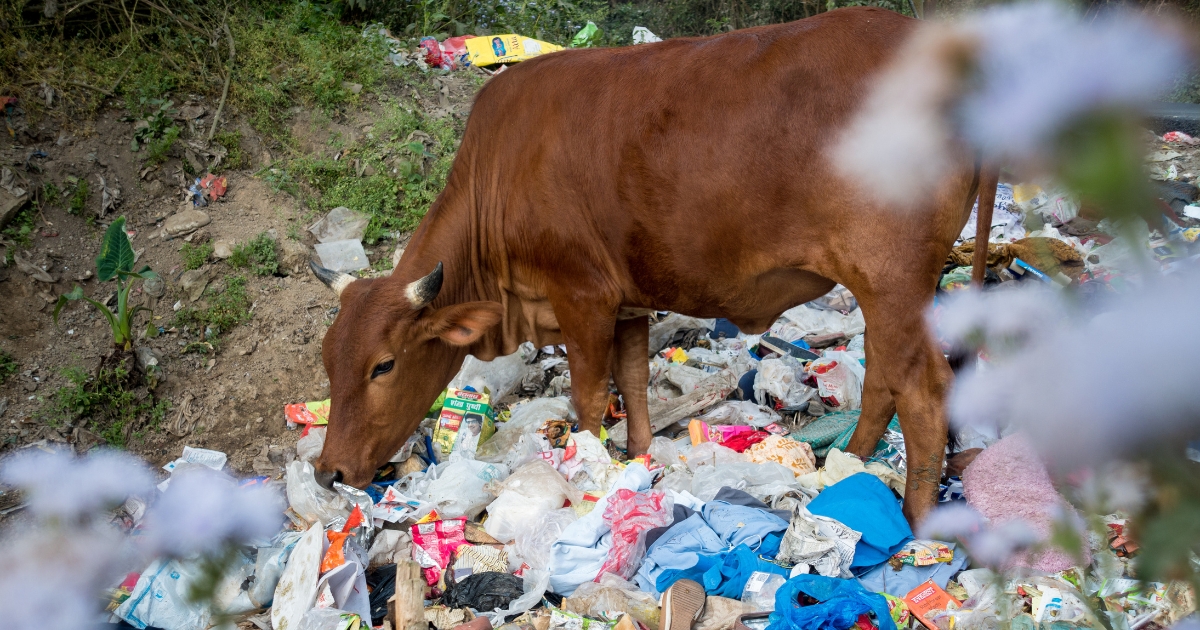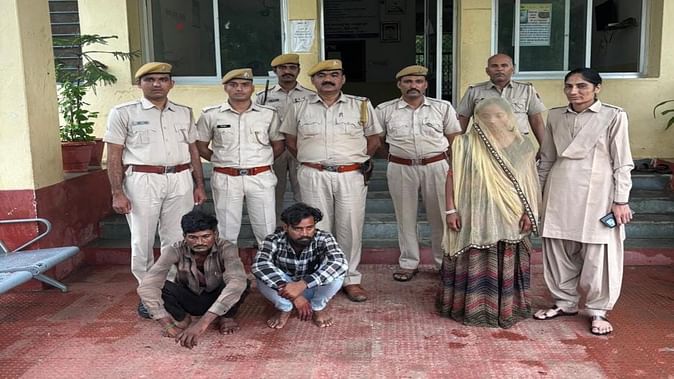In a land where cows are sacred, and people are plentiful, India has found a new deity to worship: rubbish. The country’s rapid march towards development has been paved with a trail of trash so glorious that it puts the Milky Way to shame.
The streets are adorned with colourful plastic bags, the rivers gleam with toxic sludge, and the air is perfumed with the sweet aroma of burning refuse. It’s a veritable paradise for those who appreciate the finer things in life.
According to a report from the Ministry of Housing & Urban Affairs, India generates a staggering 9.4 million tonnes of plastic waste per annum, which equates to about 26,000 tonnes per day.
According to the 2023 Mismanaged Plastic Waste Index from Environmental Action, India ranked fourth globally in terms of mismanaged plastic waste. It seems that the country’s path to progress is literally paved with rubbish.
The government, in its infinite wisdom, has decided to tackle this issue head-on by launching a series of campaigns with catchy slogans like “Clean India, Green India” and “Swachh Bharat Abhiyan.” These initiatives aim to inspire citizens to take pride in their surroundings and dispose of their waste responsibly.
Also Read: GHSS Hakushang to welcome first Class XI batch in 2024

However, it seems that the message has been lost in translation, as people continue to litter with reckless abandon, as if competing for the title of “India’s Next Top Litterbug.”
The problem, of course, lies not just with the public but also with the authorities tasked with managing waste. Municipal corporations across the country have been playing a game of “pass the trash,” where they simply move rubbish from one location to another, creating a never-ending cycle of filth.
Meanwhile, politicians engage in heated debates about the merits of various waste management technologies, such as incineration or composting, while conveniently ignoring the mountains of rubbish piling up in their own backyards.
But fear not, dear citizens, for India has a secret weapon in its fight against waste: the humble cows. These gentle creatures roam the streets, consuming plastic bags and other detritus with gusto, effectively acting as the country’s unofficial recycling system.
Also Read: Axone Uncovered: Traditions, Tastes and Tremendous Benefits
Perhaps the government should consider employing an army of cows to clean up the mess, given their apparent immunity to the ill effects of ingesting toxic waste.
In the meantime, the country’s tourism industry has stumbled upon a unique selling point: rubbish tourism. Visitors from far and wide can now marvel at the majestic mountains of waste, take selfies against the backdrop of overflowing landfills, and even participate in immersive experiences like swimming in the sludge-filled rivers.
It’s a once-in-a-lifetime opportunity to witness the awe-inspiring power of human negligence. Just ask the author of the article “India’s Path to Development Is Paved With Rubbish,” who was compelled to write about the issue after a recent trip to Shimla, where the enchanting hill views were marred by the sight and smell of rubbish.
Of course, there are those who argue that India’s rubbish crisis is a serious issue that demands urgent attention. They point to the health hazards posed by the accumulation of waste, the environmental degradation caused by improper disposal, and the social injustice faced by marginalised communities living near dumping grounds. But where’s the fun in focusing on such mundane matters when we can celebrate the chaos and creativity that arises from our collective apathy?
Also Read: 10 Cities Around The World with Zunheboto-Like Climate

India’s rubbish crisis is a testament to the country’s unwavering commitment to creating a unique and unforgettable experience for its citizens and visitors alike. With a population of over 1.4 billion people, each contributing their fair share of waste, India is well on its way to becoming the world’s largest rubbish dump.
And who knows, perhaps one day, the country will even achieve its dream of sending its trash to the moon, leaving behind a legacy that will be remembered for generations to come.
So, let us embrace the filth, revel in the stench, and proudly proclaim to the world that India is, indeed, a land of rubbish, where every discarded wrapper tells a story, and every overflowing bin is a work of art. After all, in the grand scheme of things, what’s a little trash compared to the glory of being a superpower in the making?
As Trinav Prasad Talukdar aptly puts it,
“Our country has discovered her grandiose path towards reaching new heights of development and progress, but at present, that path is littered.”




